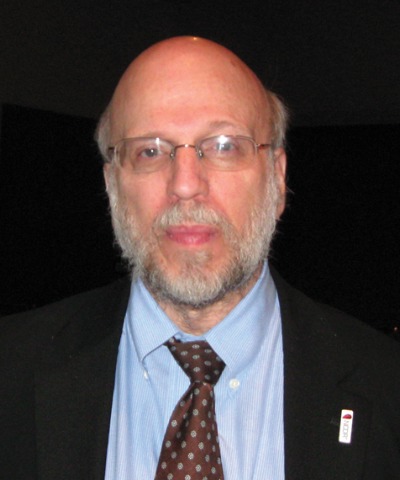The incidence of inappropriate PCIs will never reach zero. There will always be cases that the clinician knows are appropriate but that are impossible to define adequately using the NCDR data forms. There probably are cases in which patients are not properly worked up, but I’m not sure you can consistently evaluate cases adequately using the NCDR database.
We must be careful in what we say about institutions that seem to have "inappropriate" cases. Part of the problem may be the documentation. In my hospital, we found patients who initially seemed inappropriate, but when we looked harder we found that the problem lay in data recording. Rather than judging whether hospitals are doing a good or bad job, the focus should be on helping hospitals do better by helping them improve their patient selection and their case documentation. But hospitals also need to look at which patients are undergoing coronary procedures and defer the ones that are truly inappropriate.
The goal is to help hospitals do a better job. When you give hospitals and physicians performance data they inevitably improve. It happened with our program at Christiana. When I arrived 5 years ago, we first entered the NCDR, and in our first report back we looked terrible. But – no surprise – a lot of the problem turned out to be getting the documentation of cases right, and giving people an opportunity to think carefully about case selection. We use the information we get back from the NCDR to fix what is fixable in our decision making.
It’s possible that data like these from the NCDR will eventually be released to the general public, a step that the Society of Thoracic Surgeons (STS) has already taken for their registry of cardiothoracic surgery programs. The NCDR is under pressure from insurers, public interest groups, the media, and other stakeholders to make its registry data public. It is great that the STS has made its data publicly available. The ACC has followed a lot of what the STS has pioneered, and I think it’s inevitable that the NCDR data will be made public. I don’t like the one- to three-star rating system that the STS uses, but I’m not sure there is any really good way to present the information to the general public.
William S. Weintraub, M.D., is chief of cardiology at Christiana Care Health System in Newark, Del. He serves on the management board of the NCDR, and previously chaired the NCDR’s CathPCI registry. He said that he has received consulting fees or honoraria from Eli Lilly, Sanofi-Aventis, Shinogi, Cardionet, and Bristol-Myers Squibb. He has also received research grants from AstraZeneca, Abbott, BMS, Sanofi-Aventis, and Otsuka.

